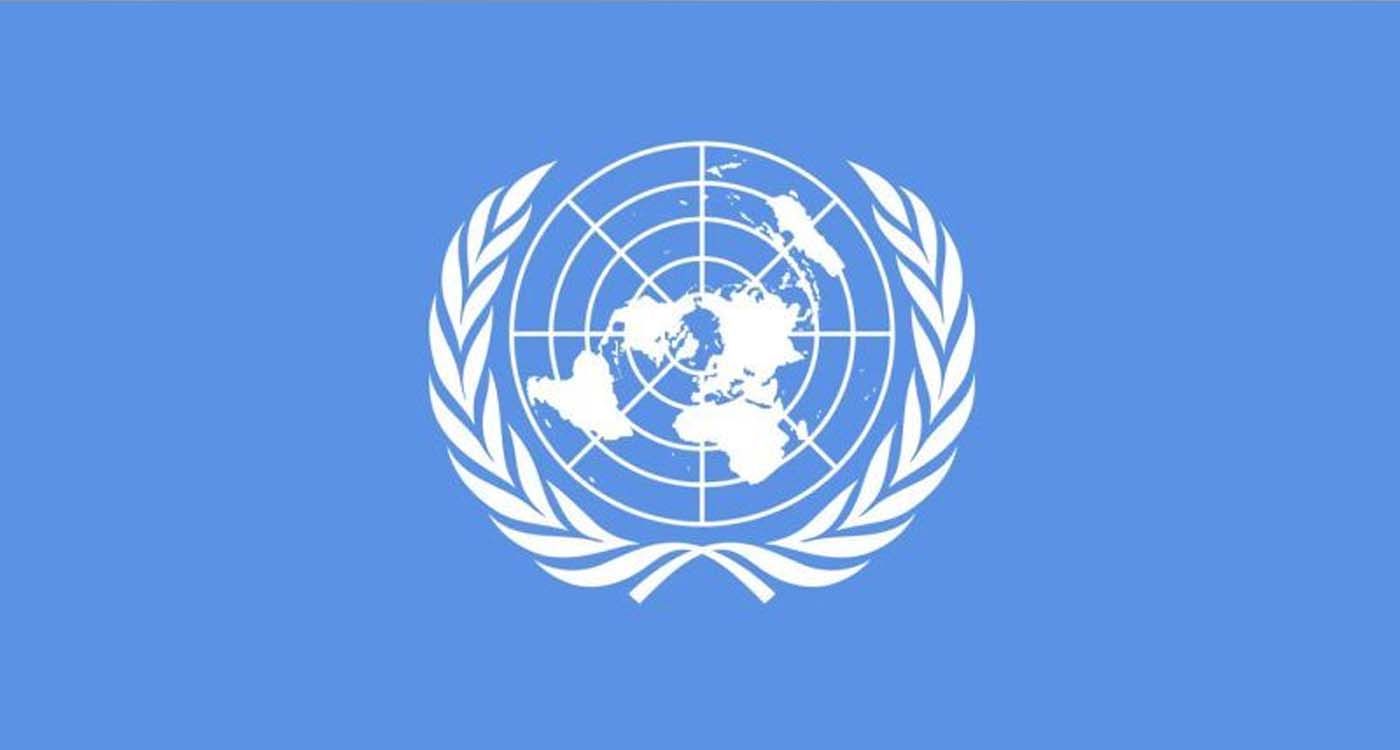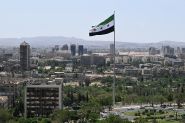- Home
- Middle East
- On the Eve of Its 80th Anniversary, a Faltering UN

©This is Beirut
The year 2025 marks the 80th anniversary of the United Nations Charter — a milestone with a bitter edge for an organization that seems increasingly exhausted. Established in 1945 to replace the League of Nations, the UN was tasked from the start with maintaining global peace and security.
A task that remains as challenging as ever, reflected in this 80th edition’s sober theme: “Better Together: 80 Years and Beyond for Peace, Development, and Human Rights.” Discussions are set to begin on September 22, with a packed agenda: the war in Ukraine, the Israeli-Palestinian conflict, Iran’s nuclear program, sanctions on Syria, gender inequality and more.
Limited Impact
Under Article 2 of its Charter, the UN is meant to act as a neutral mediator. A noble goal, but in practice it often prevents the resolution of many conflicts. With so many member states, each pursuing divergent interests, reaching a decision that has real impact is, for all intents and purposes, nearly impossible.
This challenge is compounded by the veto power of the five permanent members of the Security Council (China, France, the United States, the United Kingdom and Russia), which allows them to block any resolution they oppose. For instance, during the war in Syria, Russian President Vladimir Putin repeatedly used his veto to back his then-ally, Bashar al-Assad.
Since 1948, the UN has also relied on its Blue Helmets for peacekeeping operations. Made up of troops from 121 member states, the force has been deployed to several conflicts, including the war in Bosnia and Herzegovina (1992–1995) and, since 1978, to the Israeli-Lebanese border. Meant to maintain peace, it has nonetheless failed to prevent tragedies such as the Srebrenica massacre in 1995 or clashes between Israel and Hezbollah in Lebanon.
In the end, conflicts are usually resolved through direct talks between the parties involved or intervention by major powers such as the United States. In this context, it is worth noting that the Russian and American foreign ministers are set to meet on the sidelines of the UN General Assembly in New York. This move underscores the lack of faith — or the limited role — placed in UN institutions to resolve the conflict in Ukraine.
A Stage of Posturing and Confrontation
While it may not shine in conflict resolution, the UN General Assembly is above all, a diplomatic ballet, offering heads of state and foreign ministers the opportunity for meetings and bilateral talks. It also serves as a platform to promote national causes to the international community.
This is reflected in the planned address by Syria’s new interim president, Ahmad al-Sharaa, on September 24, where he is expected to make his case — especially calling for the lifting of international sanctions and support for the country’s development. The appearance is largely symbolic, cementing the “normalization” of a man long wanted for terrorism due to his deep involvement with ISIS and al-Qaeda.
It is worth noting that the UN has played virtually no role in the surprise ouster of Bashar al-Assad and the rise to power of Ahmad al-Sharaa, and that the latter’s intervention is primarily aimed at addressing the international community rather than seeking cooperation with the UN. Likewise, the various massacres along the Syrian coast, including the bloody clashes with the Druze, have not resulted in any resolutions with real impact on the ground.
The Assembly is also expected to witness the recognition of Palestine by around ten countries, including France, the United Kingdom and Belgium. Largely symbolic, this recognition aligns with the non-binding resolution adopted at the UN on September 13 in favor of a two-state solution (Israel and Palestine), spearheaded by France and Saudi Arabia.
The Israeli-Palestinian conflict is arguably one of the UN’s darkest stains over the past decades. Far from being resolved, it has remained at the center of global attention for the past two years, with no solution in sight.
Burdened by administrative sluggishness and a sense of inertia, the UN faces growing criticism. Beyond failing to resolve conflicts, it is also criticized for underrepresenting weaker nations and for the Security Council’s monopoly on power.
Eighty years after its creation, it has become more than necessary for the institution to reform in order to avoid further loss of credibility and being reduced to little more than a meeting forum for international powers.
Read more



Comments